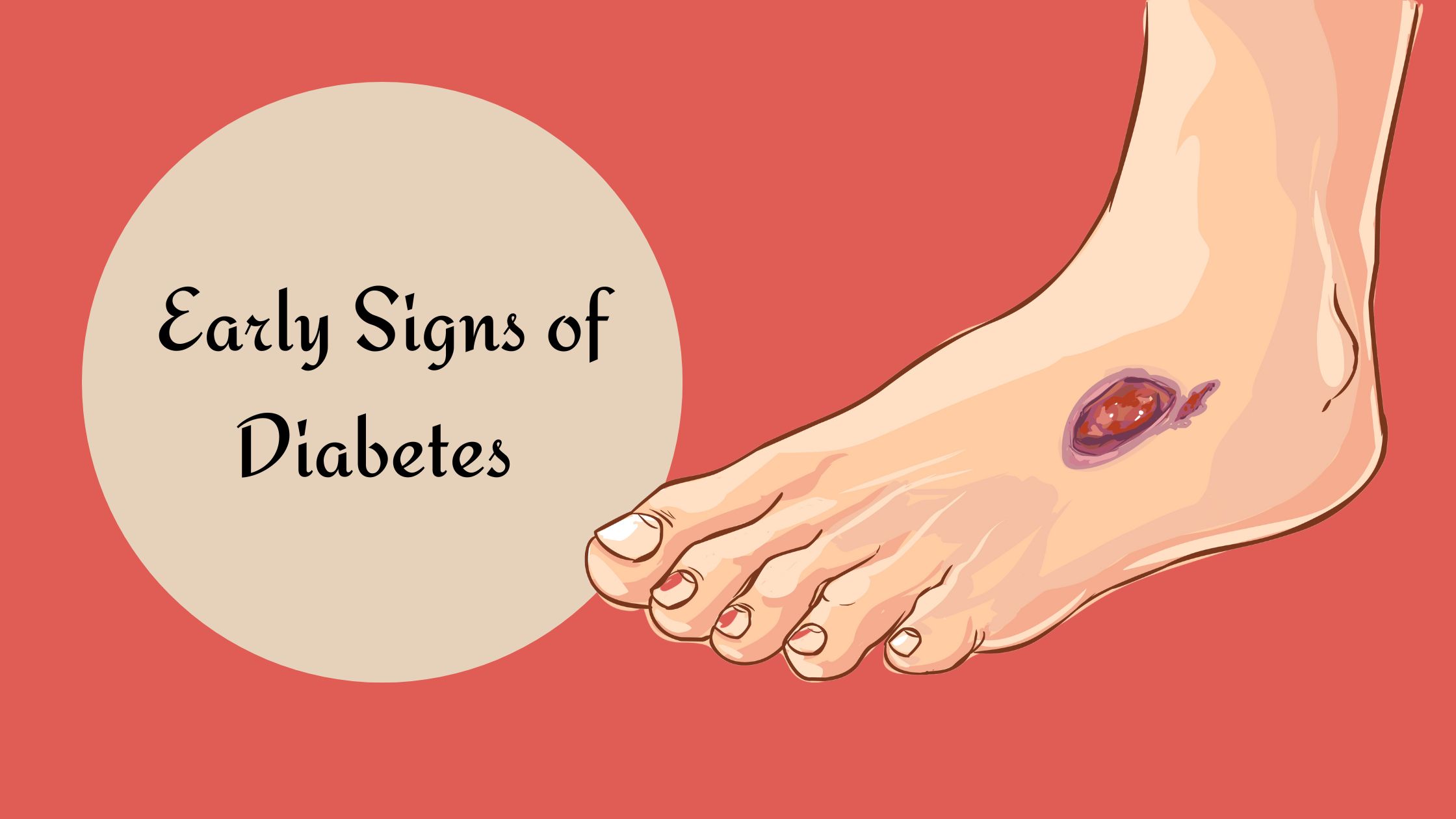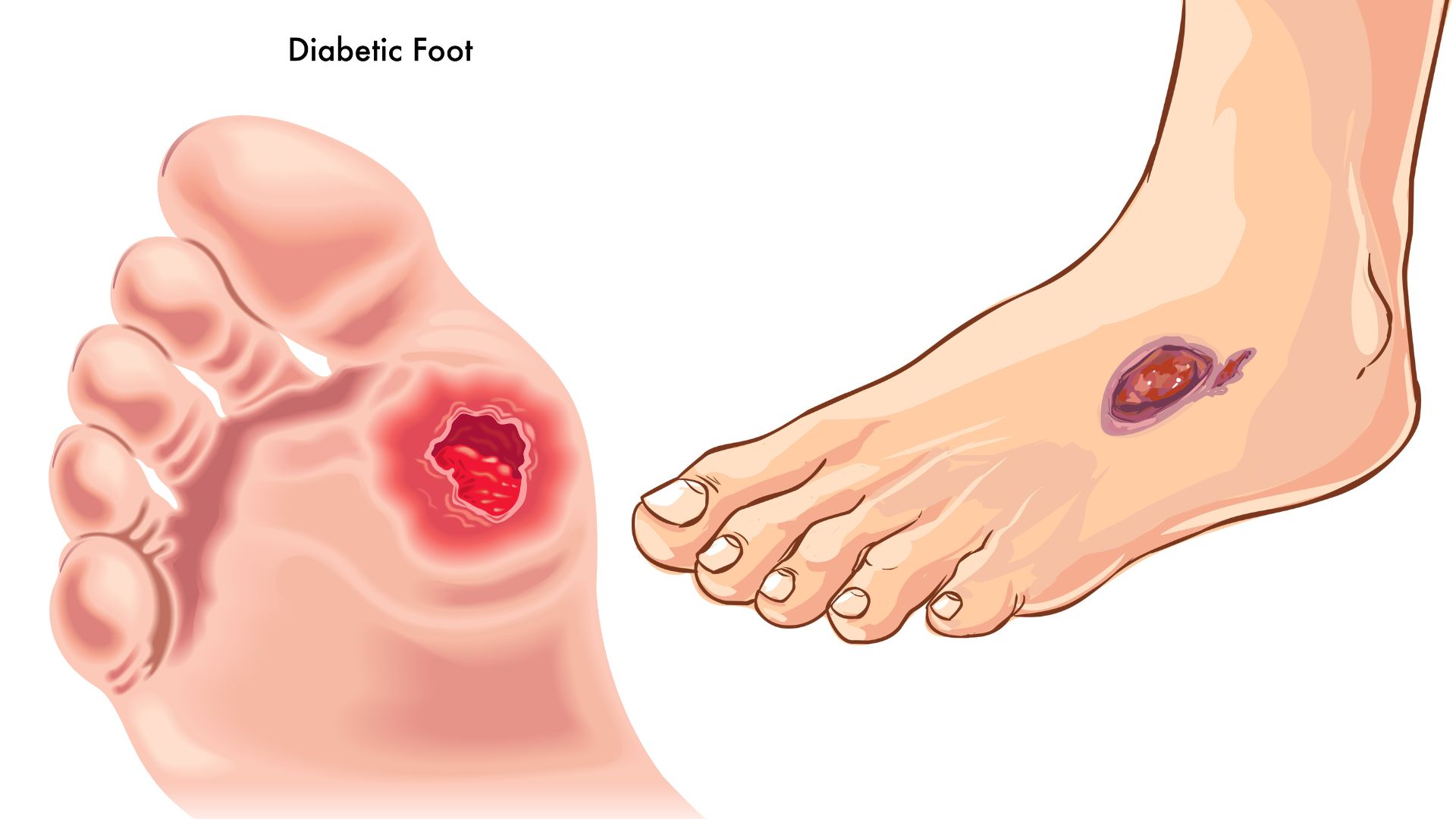What Happens If Your Pancreas Doesn’t Produce Enough Insulin?
If you’ve asked, “What happens if your pancreas doesn’t produce enough insulin?” then you are about to receive your answer. This article looks at the consequences of the pancreas not producing sufficient insulin and how it impacts the human body.
Key Takeaway
When your pancreas doesn’t produce enough insulin, it leads to a rise in blood sugar levels. This condition, known as diabetes, can have significant health effects if not managed effectively.
Understanding Insulin
In most cases, to understand the effects of inadequate insulin production, you must first grasp insulin’s role in your body. Basically, insulin is a hormone produced by the beta cells in your pancreas.
Specifically, it plays a pivotal role in regulating your blood sugar levels by enabling cells to absorb glucose from the bloodstream.
This is What Happens If Your Pancreas Doesn’t Produce Enough Insulin
Diabetes
Typically, when your pancreas does not produce enough insulin, you may develop a condition known as diabetes, specifically type 1 diabetes.
Insulin is essentially required to allow glucose from the food we eat to enter our body cells, where it’s used for energy.
Thus, a lack of insulin leads to elevated blood sugar levels, which is the hallmark of diabetes.
High Blood Sugar Levels
In particular, when insulin production is insufficient, your body cannot effectively move sugar from your blood into your cells. This leads to high blood sugar levels, also known as hyperglycemia.
Over time, significantly, these elevated blood sugar levels can damage various organs and tissues, leading to serious complications.
Complications
Therefore, not producing enough insulin can lead to severe complications if left untreated.
These complications include cardiovascular disease, kidney damage, eye damage (retinopathy), nerve damage (neuropathy), foot damage, and even skin and mouth diseases.
Moreover, because diabetes affects the body’s ability to heal and resist infections, it may also lead to hearing impairment and Alzheimer’s disease in some cases.
Symptoms
In most cases, when your pancreas doesn’t produce enough insulin, you will experience certain symptoms.
These might include frequent urination, increased thirst, extreme hunger, unexplained weight loss, fatigue, irritability, blurred vision, and slow-healing sores.
Hence, if you are experiencing any of these symptoms, it’s essential to consult a healthcare provider immediately.
Management
The management of a condition where the pancreas does not produce enough insulin includes lifestyle changes and medication.
Lifestyle modifications can involve maintaining a healthy weight, eating a balanced diet, regular physical activity, and regular blood sugar monitoring. Insulin therapy may also be necessary.
How can I know if my pancreas is producing enough insulin?
The most direct way to determine if your pancreas is producing enough insulin is through medical testing.
Doctors often use a combination of blood tests, such as fasting glucose tests, random glucose tests, oral glucose tolerance tests, and A1C tests.
High levels of blood glucose, which is indicated in these tests, can signify that your body either isn’t producing enough insulin, or isn’t using the insulin it does produce effectively (insulin resistance).
A blood test called C-peptide test can also help doctors know how much insulin your body is producing.
What are the symptoms of not producing enough insulin?
When your pancreas is not producing enough insulin, it can lead to a condition called Type 1 diabetes.
Symptoms can develop quickly and may include frequent urination, excessive thirst, feeling very hungry even though you’re eating, extreme fatigue, blurred vision, weight loss (even though you are eating more), and frequent infections or slow healing sores.
In severe cases, it can lead to diabetic ketoacidosis, a life-threatening condition that needs immediate medical attention.
Can lifestyle factors influence insulin production?
Yes, lifestyle factors can influence both insulin production and how effectively your body uses insulin.
Regular physical activity can help your body use insulin more effectively, and a diet rich in whole grains, fruits, and vegetables can help to regulate blood glucose levels.
Weight control is also essential as obesity can contribute to insulin resistance.
However, Type 1 diabetes, which is characterized by the pancreas not producing insulin, is an autoimmune condition and is not caused by lifestyle factors.
Conclusion
To sum up, if your pancreas doesn’t produce enough insulin, it can lead to diabetes and its associated symptoms. Moreover, if left unchecked, it can result in serious long-term health complications.
However, these complications can be avoided or managed with regular monitoring and controlling of your blood sugar levels, following a healthy diet, regular exercise, and adherence to prescribed medication.
It’s essential to consult your healthcare provider if you experience any symptoms of diabetes. Because early detection and intervention can prevent further complications and ensure a healthier, more comfortable life.






